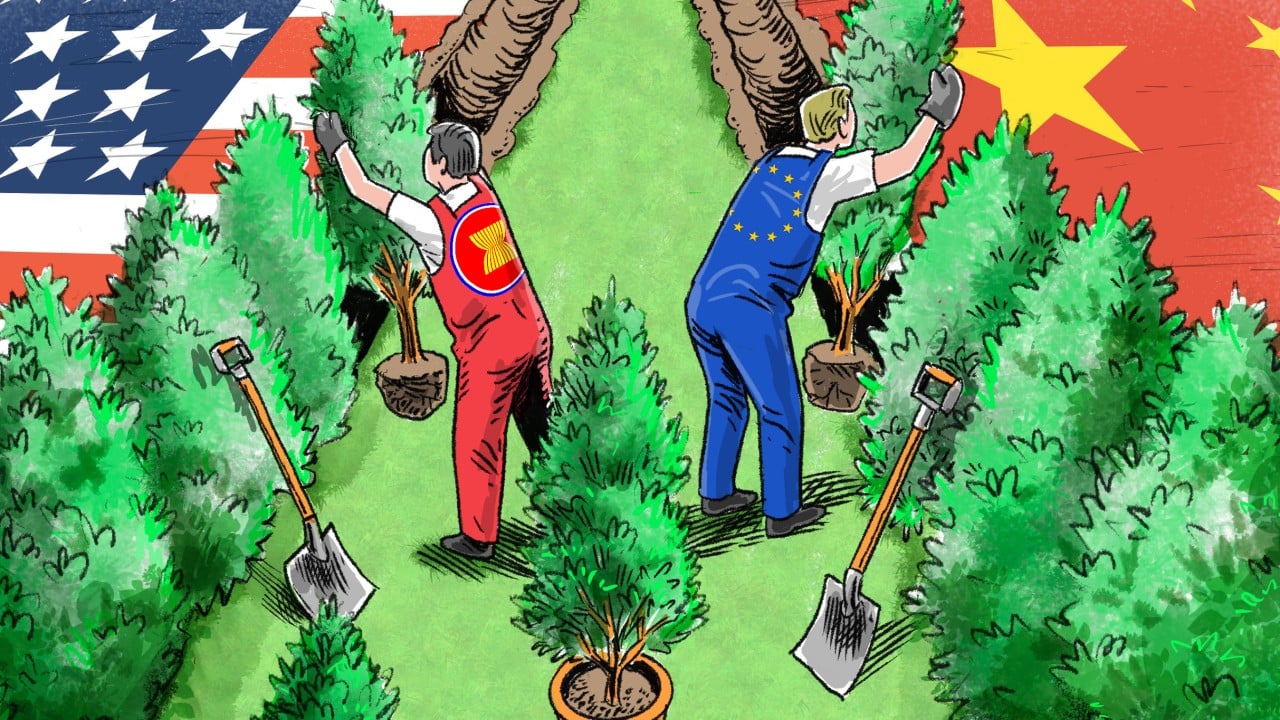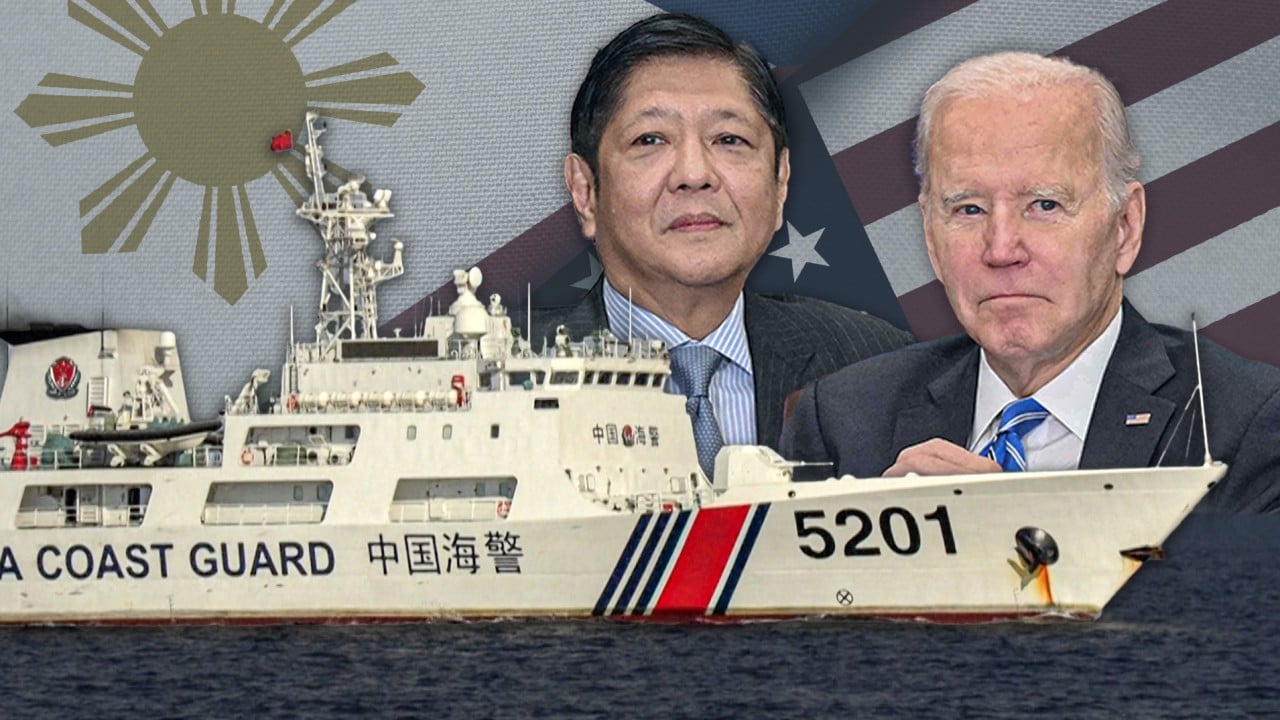French President Emmanuel Macron is set to become the first European leader to deliver the keynote address at the Shangri-La Dialogue in Singapore later this month. Arguably Asia’s most influential security forum, the dialogue has regularly hosted top defence and foreign policy officials and experts from around the world to discuss pressing geopolitical challenges and enhance cooperation among like-minded powers.
Advertisement
Macron is set to join a storied roster of world leaders to deliver keynote addresses, including former Japanese prime minister Fumio Kishida, India’s Prime Minister Narendra Modi and Australian Prime Minister Anthony Albanese. At the dialogue, Macron is set to lay out Europe’s vision of a rules-based international order and assert its strategic autonomy against the backdrop of US-China global rivalry.
He is also expected to attend the Asean summit in Kuala Lumpur before travelling to Indonesia, the region’s largest nation and de facto leader. While in Indonesia, he will join President Prabowo Subianto at a retreat at a military academy in Magelang, Central Java.
While the Philippines is not on Macron’s itinerary, it, like Indonesia, is rapidly developing relations with key European powers. It hosted observers from several European nations – including four for the first time – during this year’s Balikatan exercises, which took place close to flashpoints in the South China Sea and Taiwan. Last year, France was the only European power to directly take part in the Philippine-US war games.
France and Germany are bolstering defence ties with the Philippines, and the European Union is pursuing a free-trade agreement with both Manila and Jakarta. Philippine President Ferdinand Marcos Jnr, who was last year’s keynote speaker at the Shangri-la Dialogue, is considering a visit to France later this year, possibly as soon as the two sides finalise a new Reciprocal Access Agreement and other major defence deals.
Advertisement
After spending decades in the shadows of superpowers, key European and Asean nations are rapidly developing bilateral relations as part of a broader middle-power diplomacy among like-minded nations. Eager to avoid dependence on either the United States or China, the two sides have developed an increasingly symbiotic relationship amid shared strategic and economic interests in an increasingly multipolar world order.


